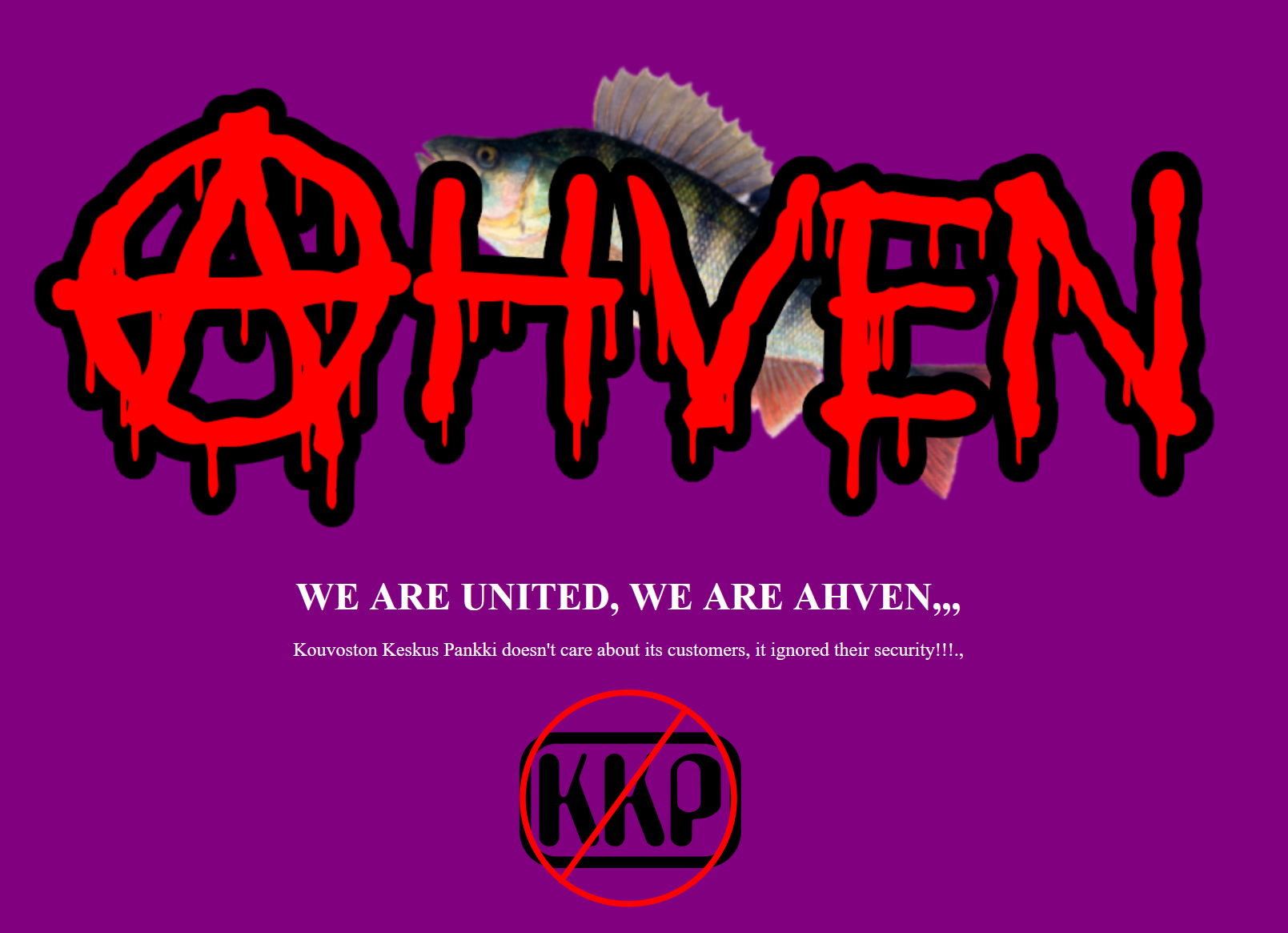Good tribal leadership brings high performance
I want to help you to grow your mindset and share my passion for impact. Thus, in this blog series I have hand-picked the bestselling publications and essential managerial tools. This enables you to make a sustainable renewal to your business and personal life. The goal of this first season is to build a common body of knowledge and starting platform for you. Depending on your experience with the subject matter, some of issues represented might be obvious to you. However, try to dig deeper and connect any missing dots for your benefit. By reading further you will:
- save your scarce reading time on renewal, culture and the best performing teams
- extend your leadership toolbox to support your business decisions
- build your personal growth-mindset, required to excel as an evolutionary leader
Building Thriving Organisations
The topics of discussion in this blog and the related vlog are based on the contents and insights of two books covering the topic of new ways of working. At the same time, they look at purpose, leadership and culture growth in an evolutionary way rather than a quick win or action.
The first book “Tribal Leadership: Leveraging Natural Groups to Build a Thriving Organization” by Logan, Kingand Fischer-Wright was published in June 2011, however, its insights and the large study together with findings are still relevant today. The second book referred to in this blog is a brand-new book “The Infinite Game” by Simon Sinek which is influencing many business leaders and thinkers globally. In his book he summarises, very well, the leaders’ role in current organisations:
“Today´s leaders are not responsible for results, but responsible for the people who creates results”.
In the Tribal Leadership book, a tribe is defined as a group of 20 to 150 people in the same organisation working together. In the book´s context a small company can be one tribe, bigger companies are tribes of tribes. The upper limit of 150 reflects the Dunbar´s number1 which is a suggested cognitive limit to the number of people with whom one can maintain stable social relationships – relationships in which an individual knows who each person is and how each person relates to every other person. Proponents assert that numbers larger than this generally require more restrictive rules, laws, and enforced norms to maintain a stable, cohesive group.
Low performing organisations
As the basis of the Tribal Leadership book, there is an international long-term research project with 7000 respondents from 12 organisations which has been going since 1997 and continued up until the update of the book a couple of years ago. The findings are that culture evolution can be described in five distinctive phases in terms of behaviours, relations to people and language used. Note that at an organisational level, the stage defined as the one where the majority of its individuals saw them presented.
In stage one an individual is undermining oneself, feels alienated from others and uses wordings like “life sucks”. According to the study, 2% of individuals belong to this stage. In stage two one feels as an apathetic victim sees themselves as separate from other people and uses words like “my life sucks”. In the research, 25% of people studied belonged to this category. Stage three is all about me, myself and I. These 49% of people are behaving like lone warriors. They are seeking personal domination. The talk about how great they are and others are not. Stages 1-3 represented 74% of the people studied. However, according to the findings, this majority of the current workforce were not happy in what they have achieved or are doing and also organisations, where they acted, were low performing.
High performing organisations
High performing stages were stages four (22% of respondents) and five (2%) respectively. Stage four is about behaviours, putting emphasis on tribal pride, “we are great language” and stable triad partnerships. These triad partnerships are more efficient and innovative three-person relationships without titles or hierarchy instead of typical dual boss-subordinate relationships where there is always risk present if high trust has not been achieved. At stage five behaviour can be described as an innocent wonderment, the team is the smallest unit of relationships and people talk with terms like “Life is great”. At the end of the research in 2011, there were not so many high performing companies. However, when looking at the situation today, more and more successful organisations are heading towards the direction of stage five. Good often quoted examples of these organisations such as Zappos, Burzoog and Southwest airlines. The key seems to be able to shift the group´s behaviours, relationships and language from stage 3 to higher levels to gain competitive advantage and success. When you have assessed your current situation and stage, how can you leverage your organisation from low performance stage 3, to higher performance stage 4?
Tribal leadership in action
As a tribal leader you can give your support to move your people from one cultural stage to another. There is no fast-track or miracle. This must be done step by step, one person at a time. It starts with your willingness to change and grow your own mind-set. When ready:
- You need to show that individual success will not be enough to move forward You can help the person concerned by conducting an appreciative inquiry with him/her to clarify your expectations.
- You should assign individuals to projects that cannot be done alone. By doing so you show that you expect partnership creation and you encourage them to form successful triad relationships.
- You should elevate successful internal role-models as good examples (”we” focus instead of “me” focus, evidence in creating triads, celebrating group´s success). Mostly it is about walking the talk.
- You should have courage to drop your armour, normally with excuses of no time or blaming others for mistakes. You reveal your current behaviour for both good or bad.
- You should put emphasis on storytelling and be honest about your own transformation learnings. When daring to show your own vulnerability, people will follow.
- You should understand that real power comes from networks rather than knowledge. This is a growth mindset coaching matter, no more.
- You should be able to manage transparency. Concretely this is done to encourage your people to even, ”over communicate”, rather than thinking if something should be informed or not.
Evidencing tribal leadership success
When you want to move your organisation from stage three to stage four and take its organisational culture from low to high performing, how do you know you are on the right track? How can you be confident that there is progress towards better times and results? You will get insights just listening more actively your people. Some good findings and results present with most of the best performing groups are:
- When the secret of success was discussed, the language changed from I to WE
- People are forming TRIADS instead of DUAL relationships
- More things seem to be done in less time which were evidenced in lower operational cost and better employee wellbeing
- Negative communication around ”no time” and ”others fault” will stop
- According to studies, there was a minimum result increase of +30%
- Communication is more transparent, effective and frequent in your organisation
To conclude, in my opinion, there is now enough evidence that success becomes a reality in working environments where trust and psychological safety is present every day, in every encounter amongst people. The time for command and, particularly control is over. People have the full power to make or break organisations. Modern leaders have the responsibility to spark passion, give guidance, show caring, create flexible boundaries and take away impediments for their people in order to make them succeed. When your people succeed then your organisation will follow, not the other way around. This new brave new world requires a new type of leadership. In order for a leader to succeed, strong renewal and interpersonal capabilities, skills to connect people´s behaviours to shared strategic intent, and a personal commitment to life-long learning are the strong foundations of a personal growth mindset.
“Success is a journey, not a destination”
This was the last blog in this series on our Growth-Mindset Journey together. A new series will be published in late spring 2020. Meanwhile the Finnish audience can follow the podcasts on Employee Experience (EX) and Customer Experience (CX) released soon.
Sources:
1 https://en.wikipedia.org/wiki/Dunbar%27s_number
About
Jere Talonen – Your co-pilot helping you to bridge the gap between strategy, values and behaviours from the boardroom to the shop floor by combining EX with CX. In the blog series, he shares his learnings from a multi-industry international career extending over 20 years as a leader, entrepreneur, business coach & consultant, as well as an executive team and board member. Currently, Jere acts as Principal Consultant – Recoding Culture and the Future of work at Gofore Plc.



